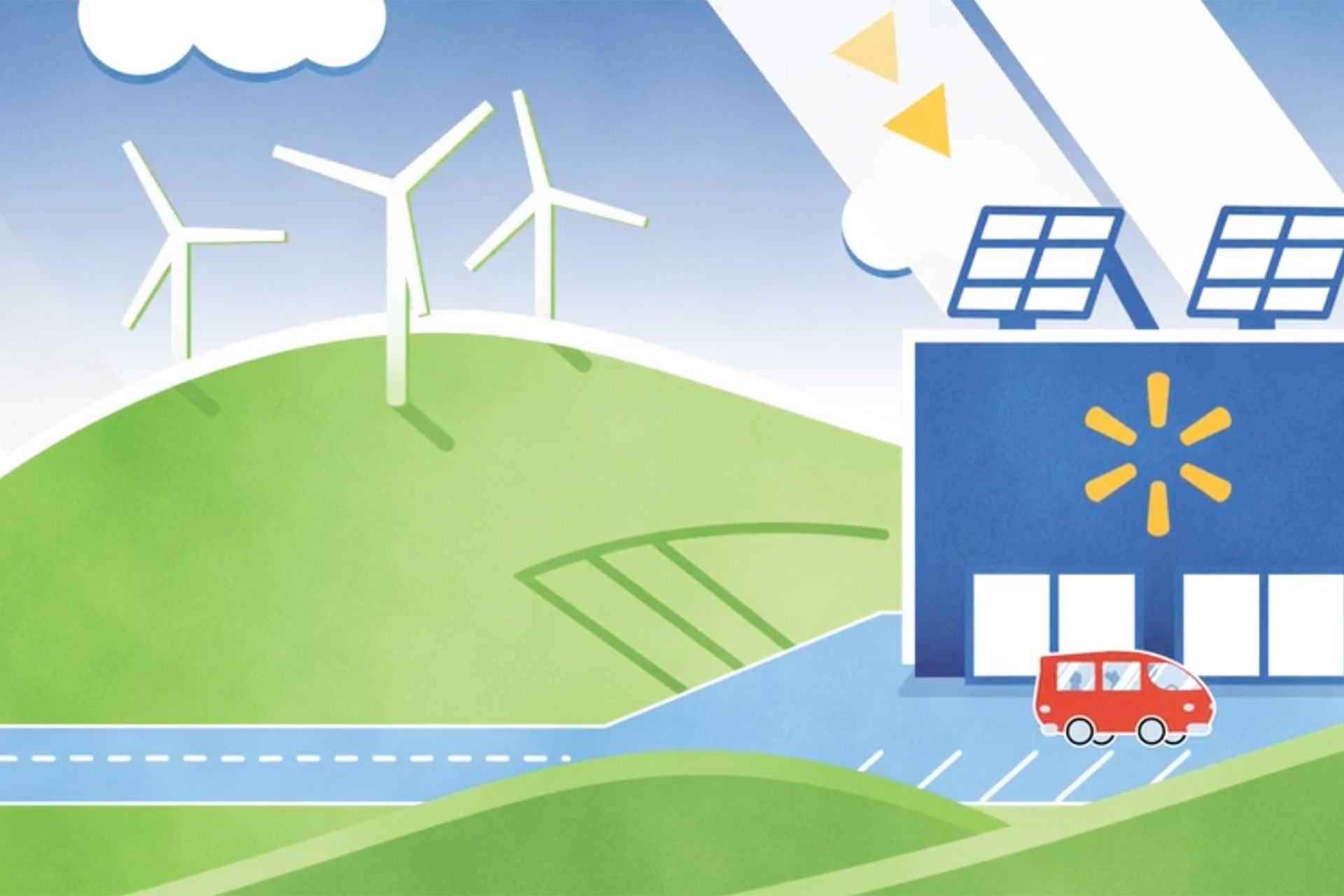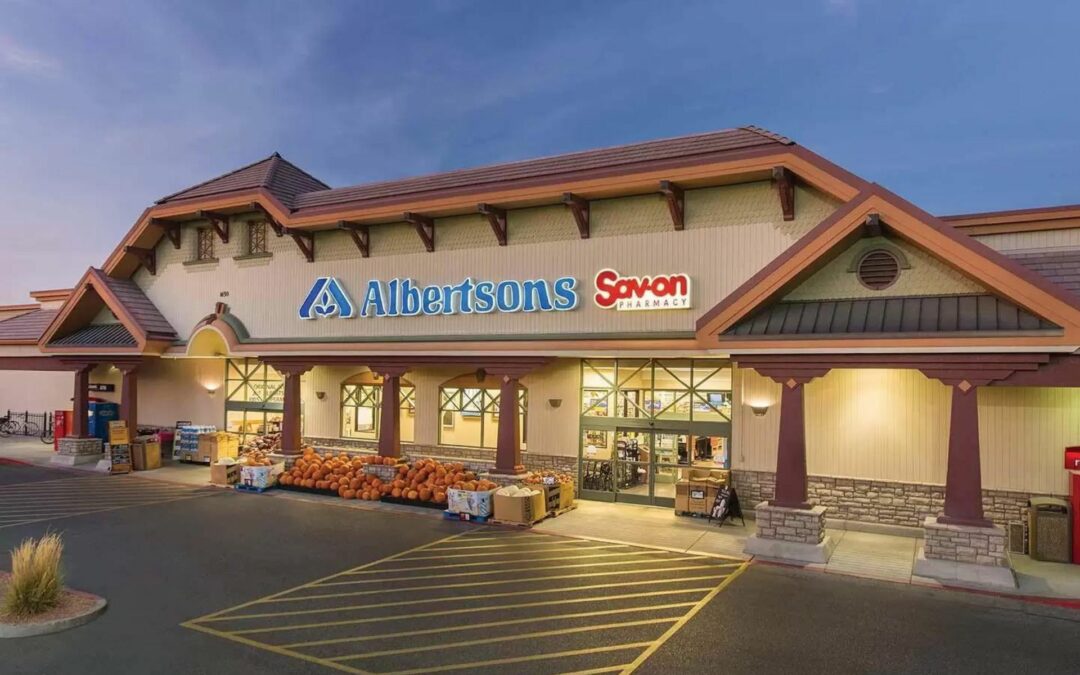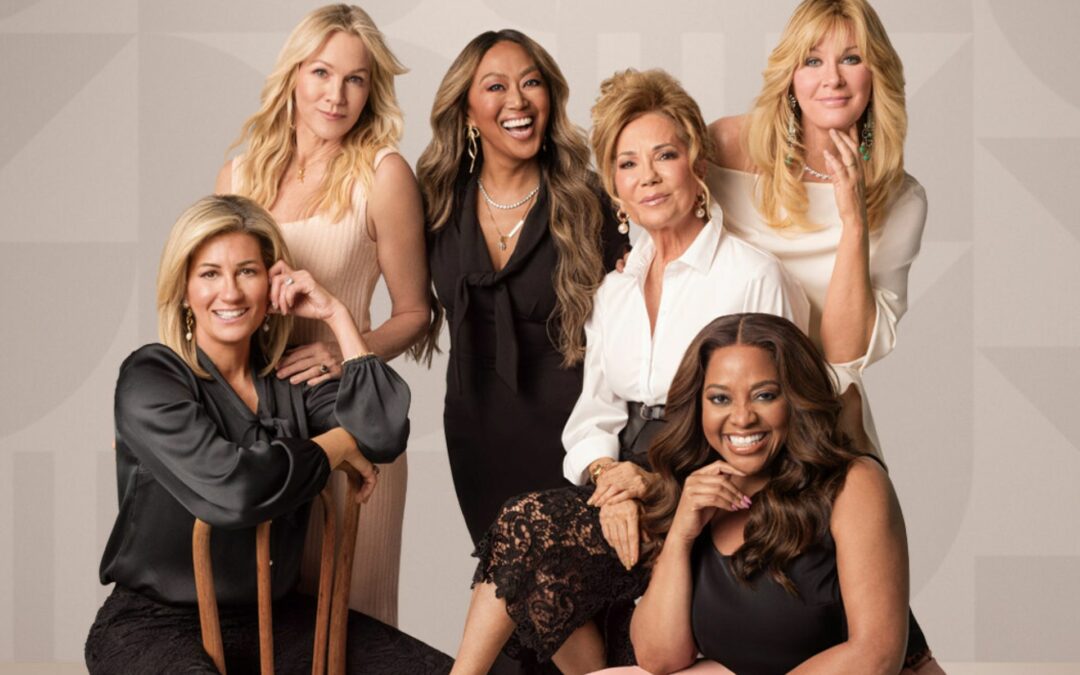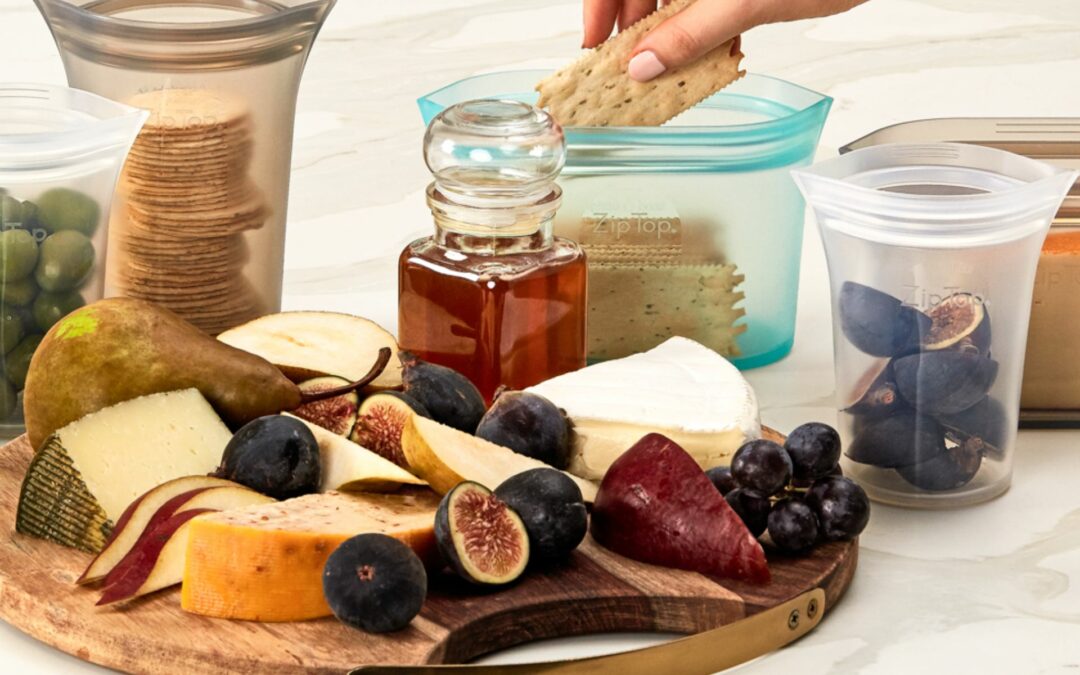Sustainability was the subject of several retail initiatives launched the past few weeks, and Earth Day tends to prompt eco-excitement.
Yet it is the degree of investment and the range of commitments that speaks to a new, more substantial approach to sustainability meant to impress consumers, particularly younger consumers, more insistent and skeptical about efforts devoted to the environment.
Today, companies recognize that greenwashing — doing little while claiming to address substantive environmental issues — is more likely to be detected and condemned even if basic intentions are sincere. Action on sustainability tends to be more substantive when undertaken, often reliant on outside resources that have expertise and credibility Such is the case of certifying bodies such as the U.S. Green Building Council, which provides LEED certification for eco-friendly buildings.
Several leading retailers in the United States have undertaken major environmental initiatives with substantial results that have won them a certain degree of distinction.
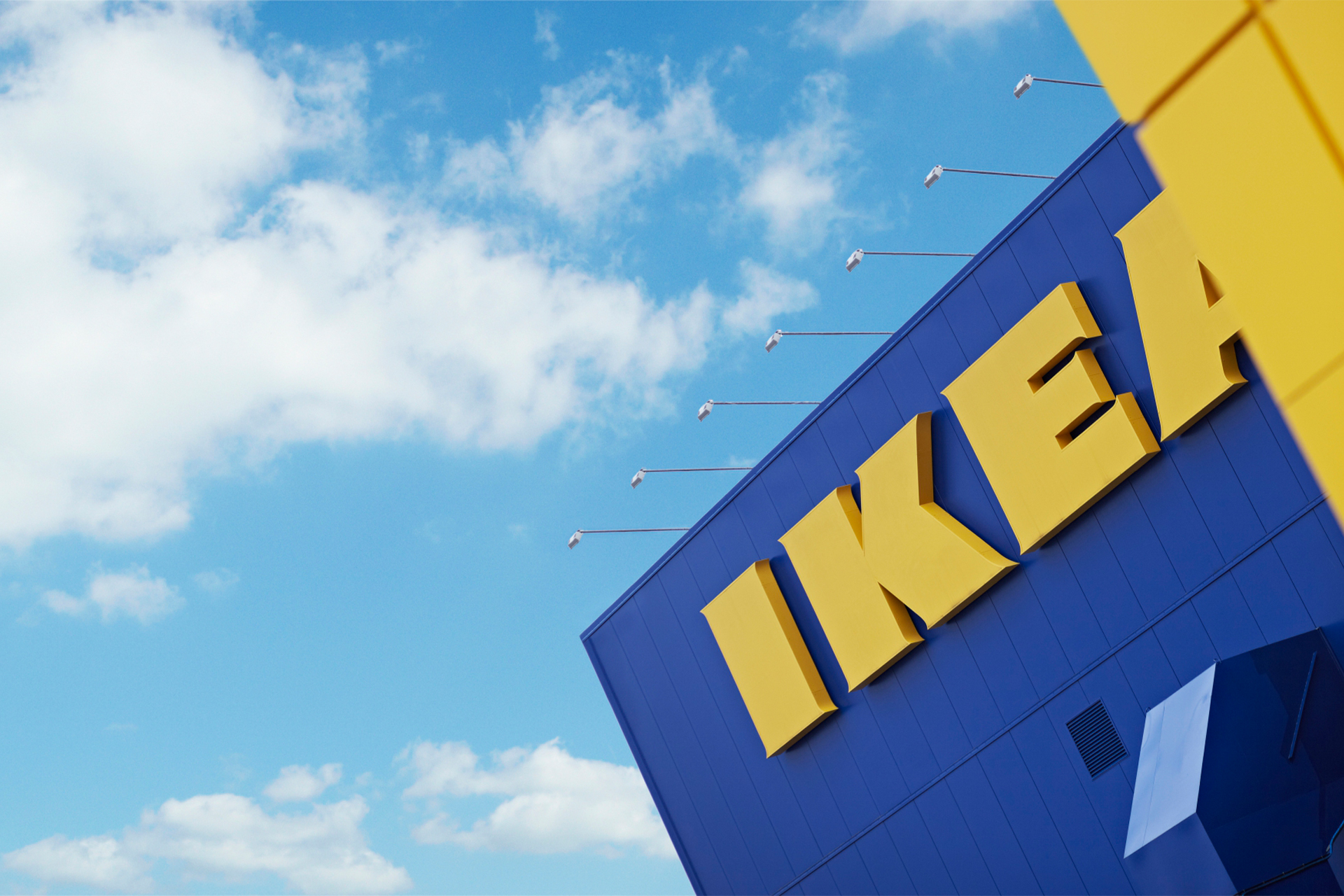
Ikea
Ikea has been a long-standing sustainability leader among retailers. It has been among the most dedicated of companies when it comes to the environment, investing consistently in initiatives from developing environmentally friendly resources to mounting solar panels installation on the roofs of its facilities. Sustainability has been a principle adopted by Ikea and a factor that has kept it relevant as new generations of furnishings shoppers have come on the scene. The company’s policies have established a continuity of action that demonstrate authenticity in its environmental actions.
Jennifer Keesson, country sustainability manager, Ikea U.S., told HomePage News the company sees sustainability as integral to its larger strategic positioning. In its specific approach to the environment, Ikea is focusing on one of the largest issues that concerns its global audience and doing so with emphasis.
The Ikea vision is to create a better everyday life for many people. We know that the effects of climate change are impacting people negatively, today and for generations to come. We must act now and urgently rethink how we live, work and travel to stay within the boundaries of the planet.
– Jennifer Keesson, Country Sustainability Manager, Ikea U.S.
“The Ikea vision is to create a better everyday life for many people,” she says. “We know that the effects of climate change are impacting people negatively, today and for generations to come. We must act now and urgently rethink how we live, work and travel to stay within the boundaries of the planet.
“We have a huge responsibility — and opportunity — to tackle climate change,” Keesson continued. “The Ikea ambition is to become a circular and climate positive business by 2030. We are committed to the Paris Agreement and to contributing to limiting the global temperature rise to 1.5° centigrade above pre-industrial levels. We are also aiming to drastically reduce greenhouse gas emissions, remove carbon from the atmosphere through natural processes and store it in land, plants and products through better forest and agriculture management within the Ikea value chain.
“Working together across the Ikea value chain to source, produce and use products in a sustainable way, we can extend their life and reduce our indirect impacts,” Keesson added. “We’re also enabling people to travel to our Ikea stores more sustainably, and to generate and use renewable energy at home.”

Ikea incorporates its sustainability initiatives within the scope of its larger corporate social policies, now generally designated as Environmental, Social and Governance (ESG) in corporate America, even if its commitment to sustainability long preceded actions taken by most other companies. Today, Ikea is adapting to become part of a net-zero carbon economy, “to make healthy and sustainable living affordable, attractive and accessible for our millions of customers and to help to create a fairer and more equal society,” Keesson said.
Ikea is particularly focusing on healthy and sustainable living, developing circular, climate-positive operations, including working towards zero waste operations and emphasizing fair and inclusive practices.
Keesson said that, in the feedback it received, more than half of consumers said they are willing to change purchasing habits to reduce negative environmental impacts and that a quarter of consumers say they plan to focus more on environmental and social considerations while shopping.
“While we see an upward trend across younger generations integrating sustainability habits into everyday life — Gen Z, Millennials, Gen X — overall 75% of shoppers engage in sustainable practices,” she said. “We are excited to see that our customers are aligned with us and our goals of being people and planet positive.”
While we see an upward trend across younger generations integrating sustainability habits into everyday life — Gen Z, Millennials, Gen X — overall 75% of shoppers engage in sustainable practices. We are excited to see that our customers are aligned with us and our goals of being people and planet positive.
– Jennifer Keesson, Country Sustainability Manager, Ikea U.S.
Even as it works on its own operations, IKEA is working with vendors and service providers to work toward the larger environmental considerations it addresses in-house.
“Partnerships and collaborations have always been a cornerstone of the IKEA way of doing business, and in order to tackle climate change this is more important than ever,” Keesson said. “We will contribute to additional reductions of GHG emissions in society by going beyond the Ikea value chain. For example, we support and partner with our almost 1,000 direct home furnishing suppliers to reduce the total footprint of their factories, not only the share they produce for Ikea. This will enable us to address a footprint around four times larger than that associated with the manufacture of our own products. Additionally, we are improving forestry and agriculture in Ikea sourcing areas. Ikea can take a larger responsibility by improving forests or agricultural practices for the total surroundings/landscape where we source resources, thus being a good neighbor.”
Not every Ikea initiative emerges from corporate history. Recently, Ikea began accepting back its used products for credit, responding to the emergent trend for recycled and repurposed goods.
“On our journey to become a circular and climate positive business, we aim for all our products to be made from recycled and/or renewable material by 2030,” Keesson said. “And (we will) offer ways for customers to bring things into their home, care for the things they own and pass on the things they no longer need to reduce their climate footprint. It’s through initiatives like our ‘As-Is’ areas and the ‘Buy Back’ campaigns that we want to give a second life to many more Ikea products and create more easy and affordable ways to help people live more sustainably at home. We see that it will not only make customers’ lives easier and better, but it also has a positive impact on the planet by diverting waste from landfills.”
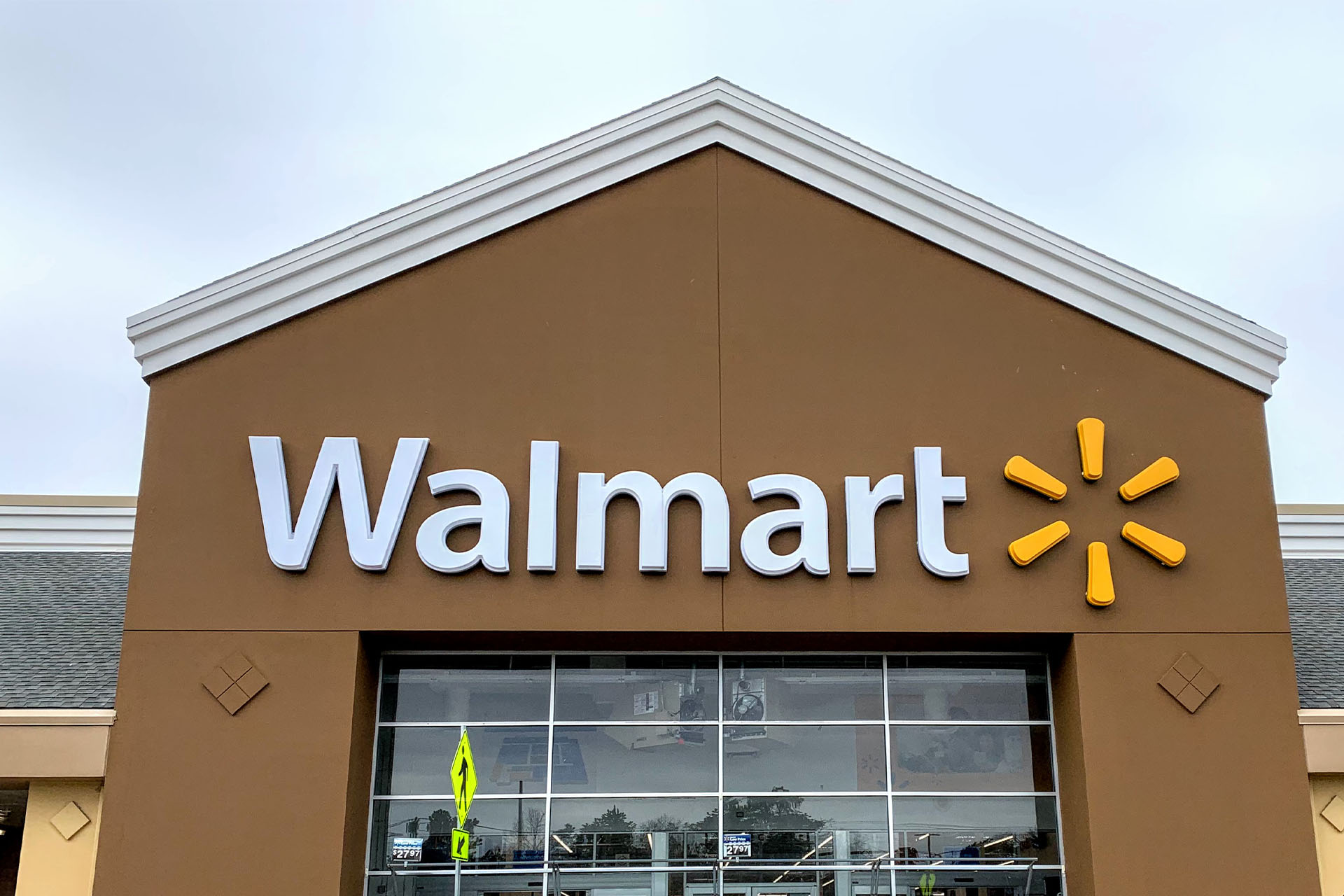
Walmart
Walmart in recent years has launched myriad environmental initiatives as part of the social programs and charity efforts it has developed. However, its efforts to develop eco-friendly, go-to-market systems stand out. Walmart works with suppliers to improve the environmental impacts of operations. In December, Walmart initiated a supply chain finance program aimed at greenhouse gas emission reduction, one that uses science-based targets to measure success.
Walmart partnered with HSBC bank and CDP, a non-profit that runs an environmental disclosure system, to make it possible for private brand suppliers to introduce enhanced standards, tools and capacity. Suppliers could, through the initiative, learn more about how they could contribute and start to refine and align their operations to a set of sustainability objectives.
Just weeks earlier, Walmart introduced its “Built for Better” program, which uses icons to call out products that meet designated sustainability and nutritional standards. And, just last month Walmart introduced what it called the Circular Connector, designed to help companies find new sustainable packaging ideas and to complement other Walmart sustainability initiatives, including its effort in converting to 100% recyclable, reusable or industrially compostable packaging by 2025 and moving operations to 100% renewable energy.

Walmart initiatives have touched on several different environmental priorities, but the key to much of what it has been doing on the sustainability front is Project Gigaton. Because most retail sector emissions exist in product supply chains, the company launched Project Gigaton in 2017 to work with supplier suppliers on eliminating one billion metric tons, or a gigaton, of greenhouse gasses from its worldwide operations by 2030, a Walmart spokesperson said.
Project Gigaton covers energy, nature, waste, packaging, transportation and product use and design. It emphasizes data and engagement but also provides resources for suppliers to help them meet commitments they make to reduce emissions. Walmart has engaged with 4,500 of its suppliers since the initiative’s launch in 2017.
As of 2021, the spokesperson said, Walmart was more than halfway toward its gigaton goal.
“We make it easy for our suppliers to go to their leadership and boards and make the business case for these efforts, and we’ve found that practical advice and coaching can help bring people along,” the spokesperson said, adding, “It’s more about improving the way companies do business rather than a compliance program.”
As such, the Circular Connector has at its heart an online platform designed to match innovators with companies looking for sustainable solutions. In 2020, Walmart worked with SystemIQ to analyze its U.S. private brand packaging, assess packaging reduction and identify the best innovations to pursue. It also provides resources to suppliers such as the Walmart Recycling Playbook, developed by the company in collaboration with The Association of Plastic Recyclers, the Sustainable Packaging Coalition and Pure Strategies, the spokesperson indicated.

In its efforts to reduce plastic waste, Walmart is working across its operation and with suppliers, governments, non-governmental organizations and other industry leaders to optimize product packaging using less plastic as it aims for 100% reusable, recyclable or industrially compostable packaging. Efforts include reducing reliance on plastic bags; encouraging customers to reduce, reuse and recycle; cutting down on operational waste; and catalyzing innovations in waste reduction systems.
Walmart also has engaged the broader retail consumer packaged goods industry to optimize packaging, the spokesperson maintained, encouraging a broader transition to 100% reusable, recyclable or industrially compostable packaging. An immediate Walmart goal is to achieve such a standard for Walmart private brand packaging by 2025, with the company currently at 59%.
“We have asked our private brand suppliers to measure their packaging baseline, work toward 100% packaging that is recyclable, reusable or industrially compostable by 2025 and report progress,” the spokesperson related.
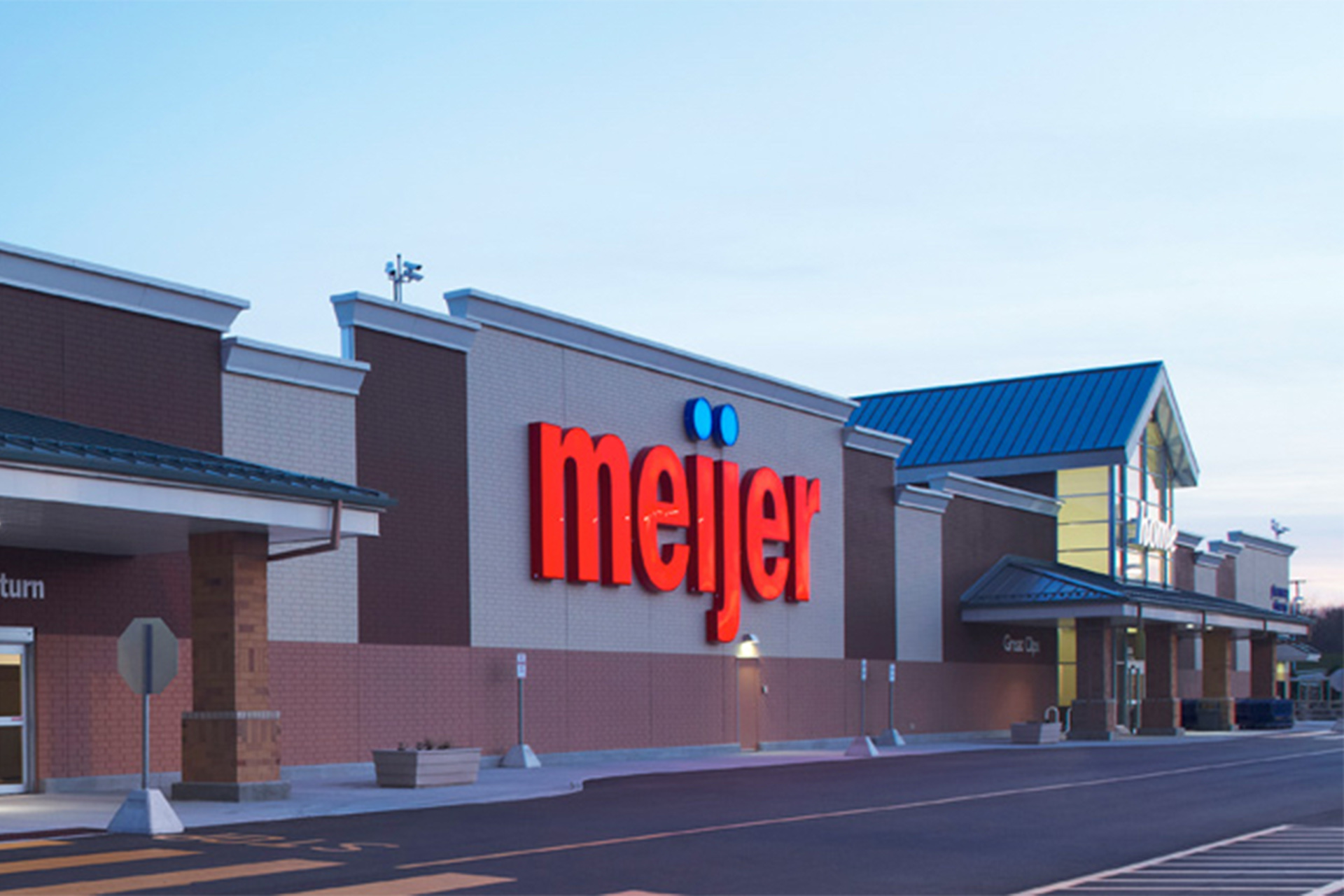
Meijer
Meijer has made sustainability an issue for decades with initiatives that have regional and broader dimensions. It was opening stores 20 years ago with sustainable features and, in 2007, Meijer debuted its first LEED, or Leadership in Energy and Environmental Design, certified store in Allen Park, Mich., in its home state. To attain LEED certification, a company must address standards that cover carbon, energy, water, waste, transportation, materials, health and indoor environmental quality.
Another major Meijer environmental effort encompasses the Great Lakes. Meijer’s market area of Michigan, Ohio, Indiana, Illinois, Wisconsin and Kentucky includes multiple Great Lake states, and the condition of the waterways is a significant issue to the retailer’s customers. Just last month, Meijer announced a $1 million donation to the charitable arm of the Council of the Great Lakes Region in the United States – the CGLR Foundation – to clean up Midwestern beaches and waterways. The donation also will help in informing the public about the scale of the plastics pollution problem in the Great Lakes and actions to take to end plastic waste and litter.
In a move that takes the company a further step ahead in its sustainability initiatives and has national implications, Meijer is giving vendors across the United States a chance to present their eco-friendly products to its merchants at the company’s Sustainability Supplier Summit, June 20 to 23. The virtual event reflects COVID-19 protocols that haven’t quite become past issues in the marketplace but also makes the event greener by forgoing travel and its environmental impacts.
Meijer conducted a survey to identify sustainability issues relevant to its operation and its customers. Meijer determined that it wanted to source from suppliers with a strong commitment to sustainability and expand the company’s green product assortment consistent with consumer preferences as expressed in the survey.
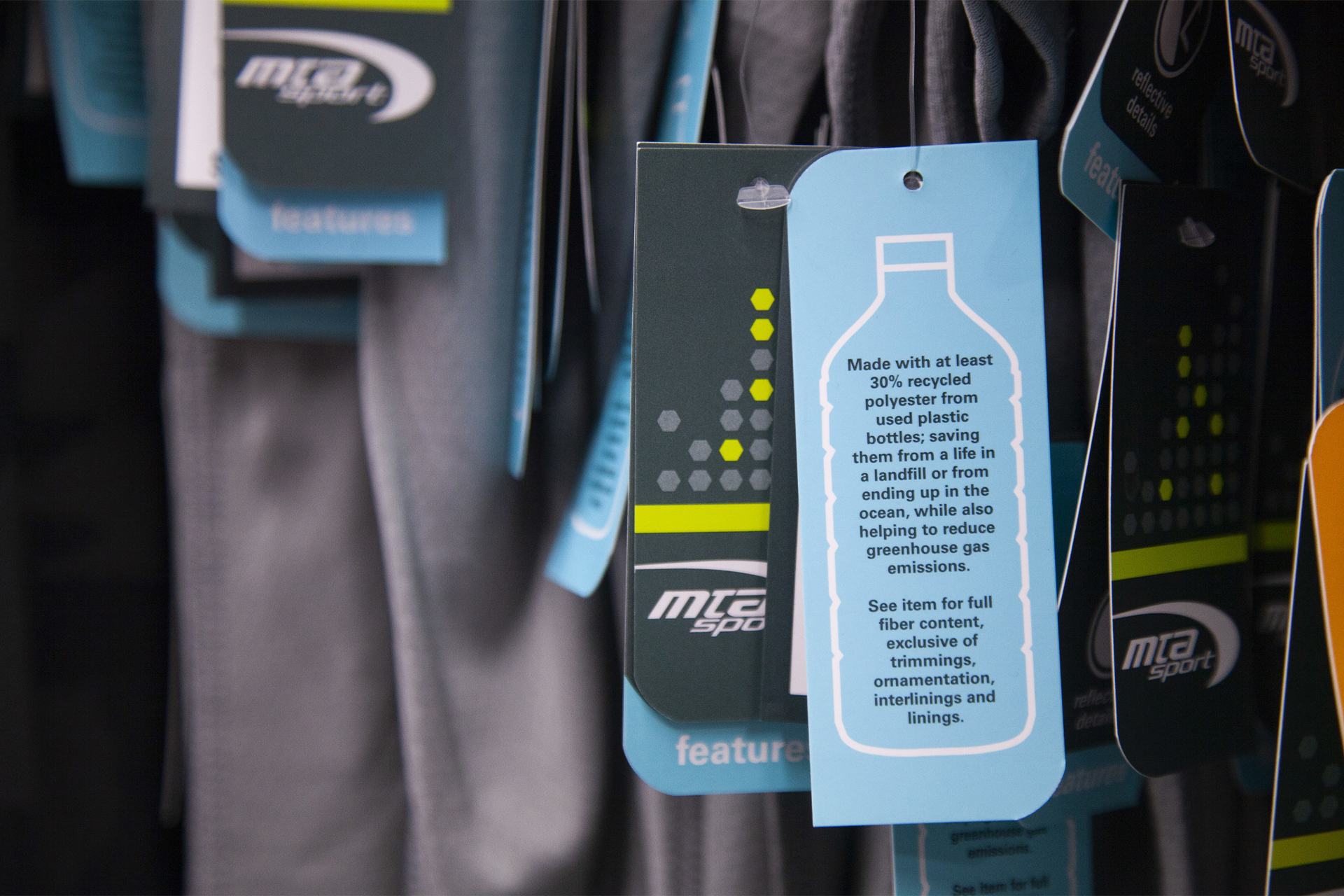
Already, Meijer offers sustainable own-brand clothing lines made from recycled polyester and 100% organic cotton. The summit will cover the range of product categories found in Meijer stores. Those merchants will be looking for products that have any of the 38 certifications Meijer favors. The certifications may cover the products themselves or their manufacturing and procurement processes.
Meijer recognizes that doing good is great, but getting recognition is critical for a retailer or any company to win the support of customers.
Peter Whitsett, Meijer executive vice president, merchandising and marketing, said Meijer understands that to be a good company it has to be a good neighbor. That has motivated it to integrate environmental sustainability into daily operations. At the same time, Meijer recognizes that much of its eco-friendly activity extends beyond what customers see on store shelves. As such, Meijer concluded that it was “time to seek out sustainability-focused vendors to help us expand our significant base of sustainable product offerings.”
Meijer already has a contingent of products offering environmental advantages. Meijer spokesperson Christina Fecher noted that the summit is set to deliver new items and new ideas the retailer can provide to shoppers.
Meijer recognizes that much of its eco-friendly activity extends beyond what customers see on store shelves. As such, Meijer concluded that it was “time to seek out sustainability-focused vendors to help us expand our significant base of sustainable product offerings.”
“This event’s intent is really to alert suppliers with sustainable products of our interest and provide a starting point for new relationships that support sustainable practices and products,” Fecher said. “This event will be our first of its kind to benchmark against for future events in sustainable goods.”
Submissions will be reviewed by a coordinating buyer at Meijer.
“This event is opening the door to new ideas, new suppliers that support our mission and values and to ensure our buyers are getting a wider view on what’s available in sustainability,” Fecher added. “We surveyed our customers in 2017, and then again in 2021, and learned that for most of our customers, sustainability is very or extremely important to them and that percentage is growing. Their top issues are reducing plastic pollution and food waste, as well as Great Lakes stewardship and sustainable sourcing.”

